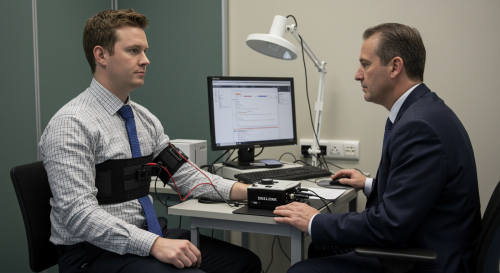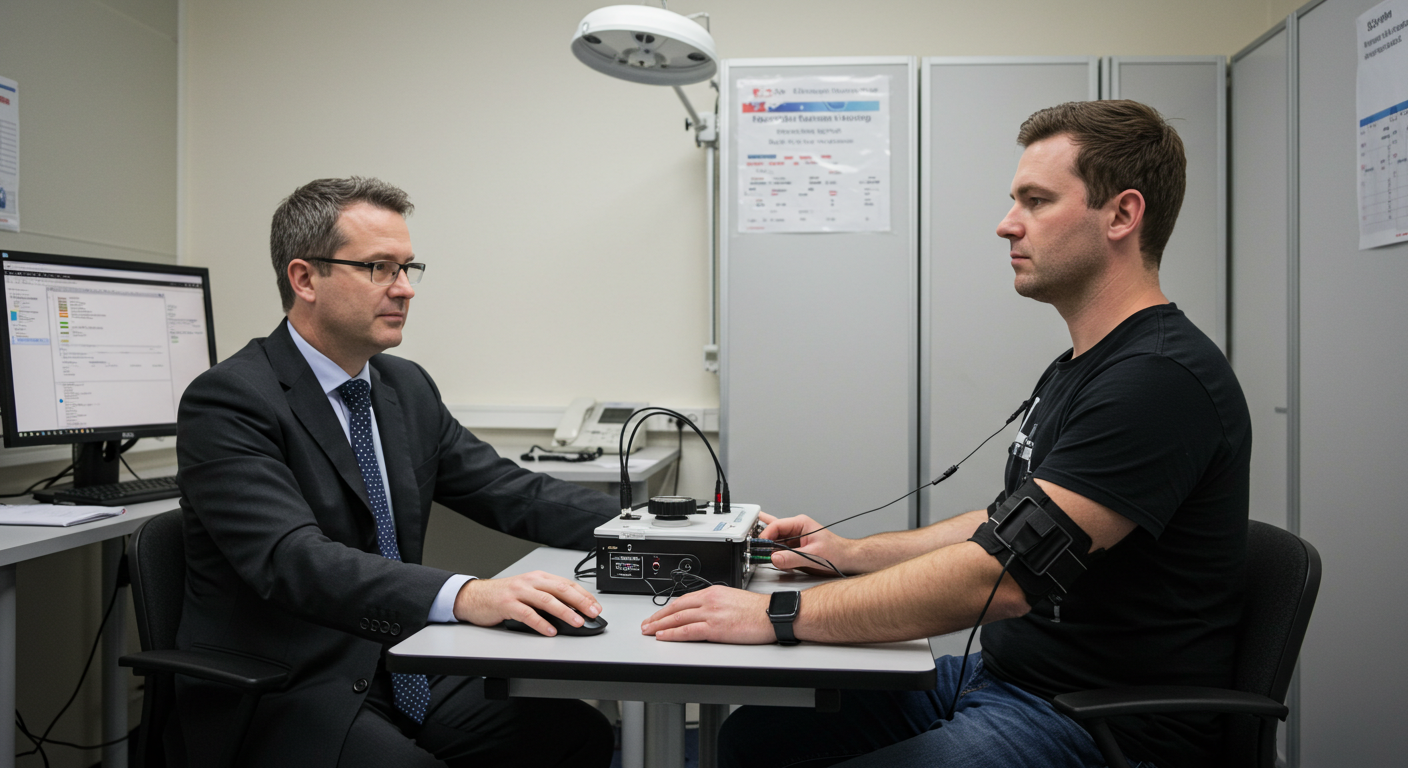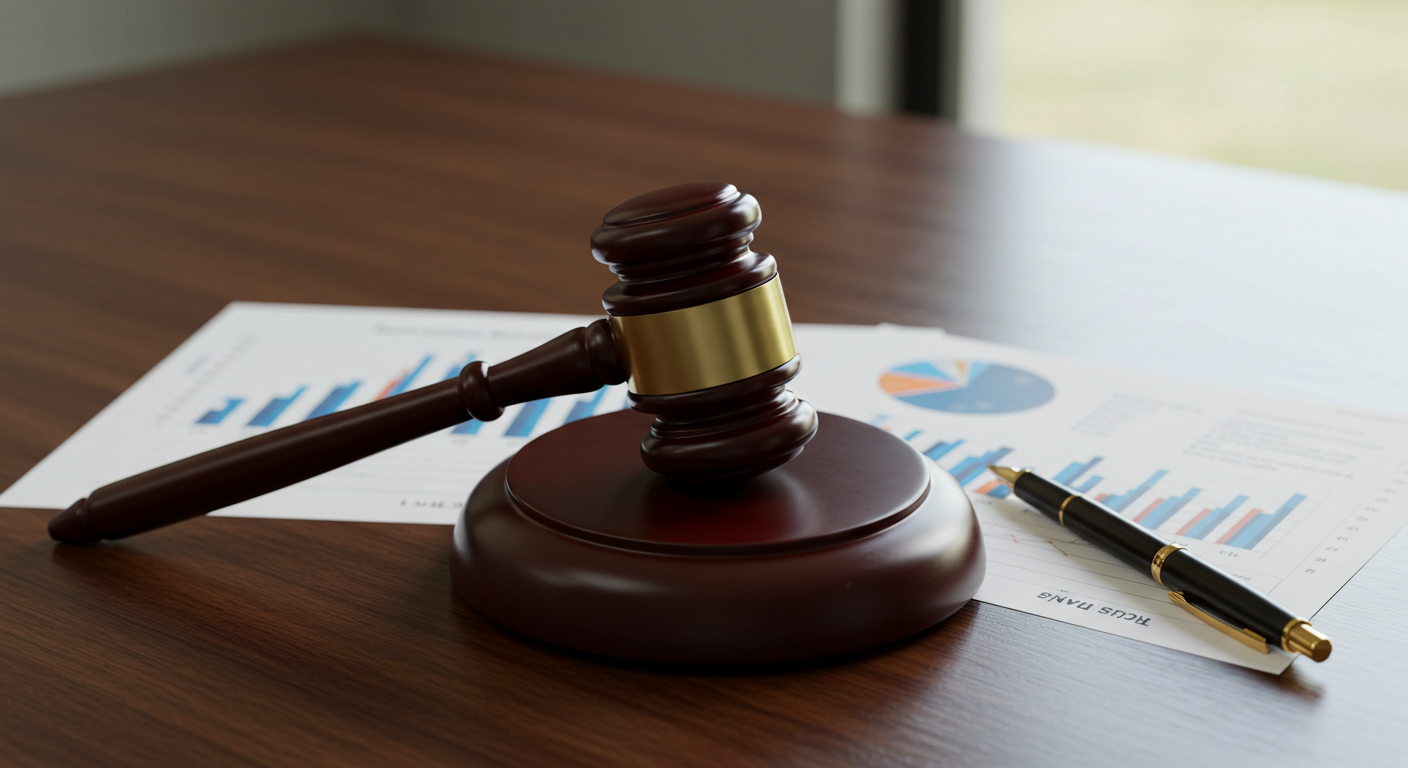The Role of Lie Detectors in Sex Cases in England: A Controversial Tool in the Legal Landscape

The Role of Lie Detectors in Sex Cases in England: A Controversial Tool in the Legal Landscape
The use of lie detectors, or polygraph tests, in legal cases involving sexual offences has been a subject of debate in England. While they are not admissible as evidence in court, their role, particularly in monitoring offenders post-conviction, raises questions about their efficacy and ethical implications.
This article explores the current state and role of lie detector tests in sex cases in England, examining their use, reliability, and the controversies surrounding them.
Understanding Lie Detectors

What is a Lie Detector?
- A lie detector, or polygraph, measures physiological responses such as heart rate, blood pressure, and sweating, which are thought to change when a person is not telling the truth.
- The premise is that deceptive answers will produce distinctive physiological responses that can be detected and recorded by the polygraph.
Limitations and Reliability
- The reliability of polygraph tests is a topic of ongoing debate. Critics argue that the physiological responses measured can be influenced by a variety of factors unrelated to deception, such as nervousness or stress.
- Supporters, however, view it as a useful tool for assessing credibility, particularly in the absence of other conclusive evidence.
Use of Lie Detectors in Sex Cases in England

Monitoring Sex Offenders
- In England, polygraph tests have been used primarily for managing convicted sex offenders rather than as evidence in trials. They are employed to monitor compliance with the terms of release and assess the risk of reoffending.
- Under the Offender Management Act 2007, certain categories of sex offenders can be required to undergo polygraph testing as a condition of their release on license.
Assessment and Rehabilitation
- The tests are used as part of the broader assessment and rehabilitation process for sex offenders. The aim is to encourage honesty in disclosure during treatment and to provide probation officers with additional information to manage the offenders’ risk.
Controversies and Ethical Concerns

Legal Admissibility
- Polygraph test results are not admissible as evidence in criminal trials in England due to questions about their reliability and the belief that they infringe on the right to silence and against self-incrimination.
Ethical and Human Rights Implications
- The compulsory use of polygraph tests for certain offenders has raised human rights concerns. There are debates about the ethics of compelling individuals to take a test that may produce inconclusive or misleading results.
False Positives and Negatives
- The possibility of false positives (indicating deception when the individual is truthful) and false negatives (failing to detect deception) is a significant concern, potentially leading to wrongful accusations or the underestimation of risk.
Conclusion: Understanding The Role of Lie Detectors in Sex Cases in England

The use of lie detectors in sex cases in England, particularly in the context of post-conviction monitoring of sex offenders, remains a contentious issue. While they offer a potential tool for enhancing public safety by monitoring offenders, the debates over their reliability, ethical implications, and legal admissibility persist.
As such, their role should be carefully considered within the broader context of the criminal justice system, ensuring that any use of polygraph testing upholds legal standards and respects the rights of individuals.
The ongoing discussion about polygraphs reflects the complexities of balancing effective offender management with ethical and legal considerations in the pursuit of justice and public safety.
Notice: Informational Content Disclaimer
The content provided on this website, including articles, blog posts, and other informational materials, is intended for general informational purposes only. It is not intended as, and should not be considered, legal advice.
Visitors to this website should be aware that the information presented here is not a substitute for seeking legal advice from a qualified solicitor or legal professional. Each individual's legal situation is unique, and the information provided may not be applicable to specific circumstances.
If you require legal advice or have specific legal questions, we encourage you to contact us directly. Our experienced team of solicitors is here to assist you with your legal needs and provide tailored advice to address your concerns.
Please be advised that any communication through this website, including the use of contact forms or email, does not create a solicitor-client relationship. Confidential or time-sensitive information should not be sent through this website. To establish a solicitor-client relationship and discuss your legal matters in detail, please contact us for a consultation.
We strive to provide accurate and up-to-date information, but we make no representations or warranties regarding the accuracy, completeness, or suitability of the information contained on this website. We shall not be liable for any reliance placed on the information provided herein.
Thank you for visiting our website. We look forward to the opportunity to assist you with your legal needs.




